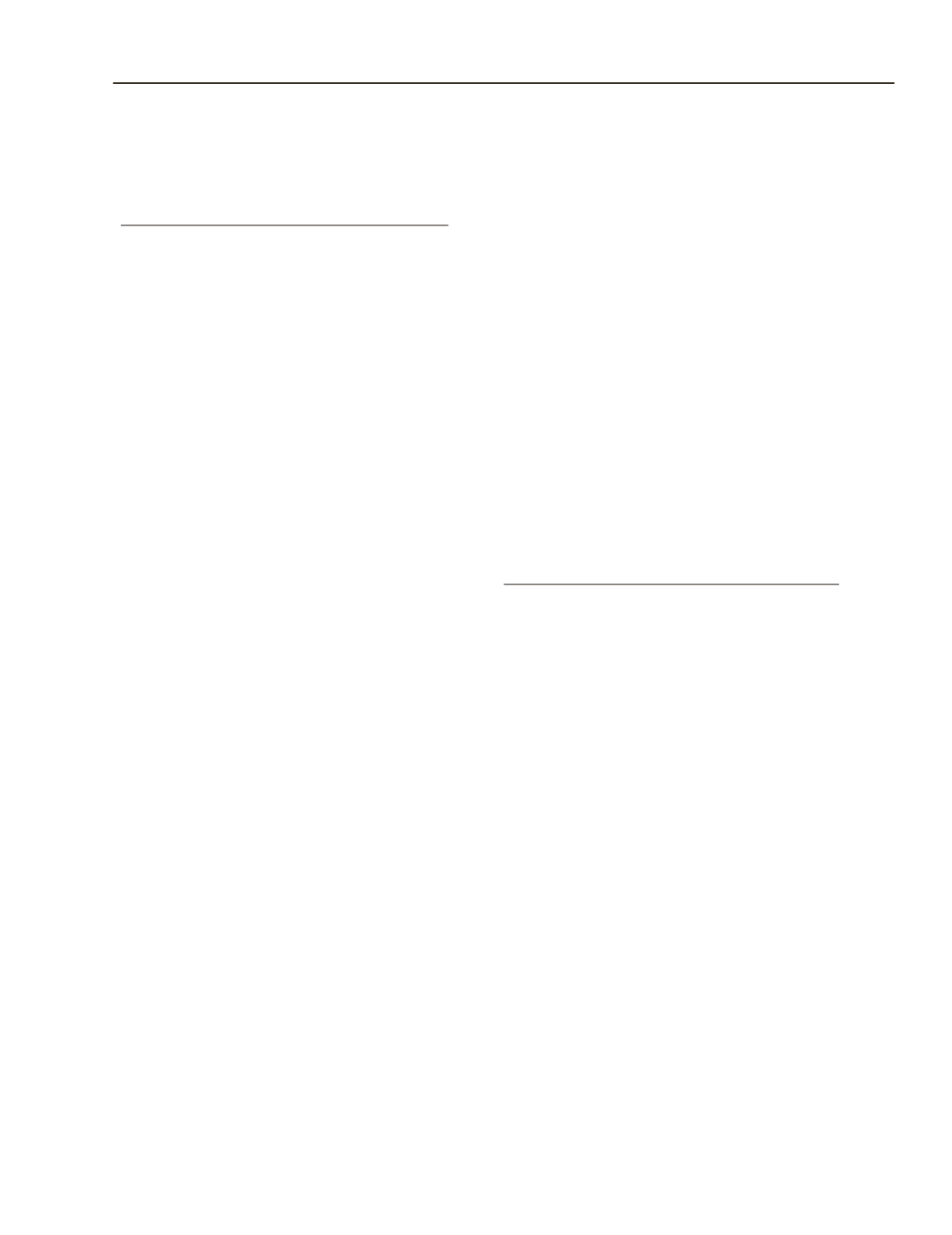

45
Administrative Policies
2015-2016 Catalog
seek information and/or resolution of alleged violations are
directed to the Vice President of Student Services in the
Student Services Building. (559) 638-0300, ext. 3217, or
campus police, ext. 3330.
Academic Freedom
General Principles
The State Center Community College District is
unequivocally and unalterably committed to the principle
of academic freedom in its true sense which includes freedom
to study, freedom to learn and freedom to teach and provide
educational professional services to students.
Academic freedom encompasses the right of an instructor
to discuss pertinent subjects within his or her field of
professional competency in the classroom, consistent with
course objectives, and for counselors, librarians and other
academic employees to provide appropriate student services
within their fields of professional competency and consistent
with sound educational principles.
Neither District officials nor outside individuals or groups
may interfere with or censure an academic employee because
of the employee’s proper treatment of pertinent subjects,
or provision of proper educational professional services to
students is precluded by the principle of academic freedom.
Faculty must, however, accept the responsibility that
accompanies academic freedom. The right to exercise any
liberty implies a duty to use it responsibly. Academic freedom
does not give faculty freedom to engage in indoctrination.
Nor can faculty invoke the principle of academic freedom
to justify non-professional conduct.
An essential point that pertains to academic freedom and
that must be considered in relation to subject matter or
to professional services to the student is the criterion of
suitability. The subject matter, material to be studied,
or educational professional services to the student must
contribute to the attainment of course objectives or
achievement of an educational principle.
The special interests of faculty or the opinion of a person
or persons in a class should not supersede the right of
other students to be protected against irrelevant or obscene
materials or presentations.
Textbook Selection
Each campus shall develop a procedure for the selection of
textbooks that recognizes the basic right and duty of the
faculty to be the primary agent in the process. Since students
in most instances must purchase books, the procedure should
take cognizance of the financial consideration that may be
imposed upon the student.
Public Forums
In keeping with the philosophy of intellectual freedom and the
responsibility of the Community College District for services
to its community, public forums presenting speakers with
varying points of view may be offered to the local community
as part of the educational program.
All proposals for special programs and projects, involving
requests for financial assistance from outside funding sources
such as governmental agencies, foundations or special
organizations, shall be presented to the Board of Trustees for
approval prior to the submission of a formal application to
such outside groups.
Academic Dishonesty
Students at Reedley College are entitled to the best education
that the college can make available to them, and they, their
instructors, and their fellow students share the responsibility
to ensure that this education is honestly attained. Because
cheating, plagiarism, and collusion in dishonest activities erode
the integrity of the college, each student is expected to exert
an entirely honest effort in all academic endeavors. Academic
dishonesty in any form is a very serious offense and will incur
serious consequences.
Cheating
Cheating is the act or attempted act of taking an examination
or performing an assigned, evaluated task in a fraudulent or
deceptive manner, such as having improper access to answers,
in an attempt to gain an unearned academic advantage.
Cheating may include, but is not limited to, copying from
another’s work, supplying one’s work to another, giving or
receiving copies of examinations without an instructor’s
permission, using or displaying notes or devices inappropriate
to the conditions of the examination, allowing someone other
than the officially enrolled student to represent the student,
or failing to disclose research results completely.
Plagiarism
Plagiarism is a specific form of cheating: the use of another’s
words or ideas without identifying them as such or giving
credit to the source. Plagiarismmay include, but is not limited
















